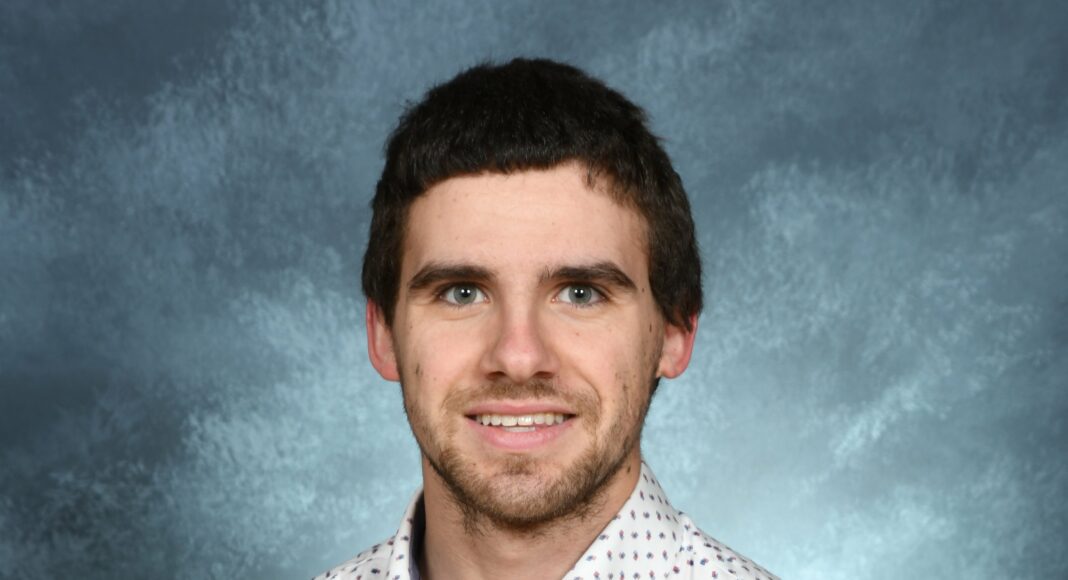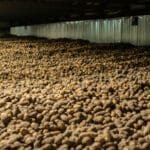As the son of a potato breeder, Sam Gagnon decided he wanted to follow in his father’s footsteps.
As a kid, Sam Gagnon would work on his family’s potato research farm in Quebec for a treat. He and his sisters would help with seeding and other tasks and at the end of the day his father, Andre Gagnon, would reward them with a slushie. While he may not work for slushies anymore, Sam is still working in the family business.
“Since I was like, six, eight years old, I’ve been working on the farm to help with the plots and everything. I’ve always loved what my father’s been doing in his job. I was always curious and wanted to follow with that,” Sam says in a phone interview.
As Sam grew older and the time neared for him to decide on what he wanted to study in university, he approached his father and asked how he could become a potato breeder like him.
“I was very proud, was my first feeling,” Andre says in a phone interview. “I was alone in the business mainly. (Sam) came and told me that and I said, ‘Oh, my God, okay, I should worry a little bit more and be sure that we keep the business, and we will be together to grow that in the future.’”
Andre is the owner of Progest 2001, a private potato breeding business based in Quebec. Sam has been working alongside his father at the business while he has studied at Laval University in Quebec City, Que. He received his bachelor’s degree in agronomy, his master’s in diploid potato breeding and then is working towards his PhD continuing his research into diploid breeding.
Sam’s studies have focused on diploid potato breeding. For decades, potato breeding has been done through tetraploid breeding, which isn’t the easiest to work with. Sam has been developing diploid potato lines using the current Progest 2001 potato lines. He’s used hardware extraction to reduce the cultivar from the tetraploid level to diploid.
“I reduce their genetic background in half. So, in that way I’m able to work with those diploids to insert some disease resistance more easily, abiotic stress tolerance, for example,” Sam explains.
Sam has also been working to phenotype his new diploid potato lines. He has been analyzing the cultivars for traits such as their yield potential and sensory profiles for taste.
“There’s a lot of issues when you start developing diploid potato because you need to start doing some cool innovation. And we saw that the flowering was an issue. We were trying to look at what genes can we work with to kind of increase flowering in potato. So that’s the main aspect I’ve been working in my PhD,” Sam says.
While he hasn’t yet been able to bring all his diploid potato breeding knowledge to Progest2001, Sam is looking forward to being able to once he is done his PhD studies in two years.
“He’s developing the knowledge in the diploid stuff and all those new lab tools to improve the breeding. So, he brings the company new tools and new knowledge to go faster and further,” Andre says.











